Amanda || 30s || INFP Hodgepodge of nonsense. I lead an appreciation of everyone life. Knight Protector of Crying Fangirls and Backlogged Fanfic Prompts!
Don't wanna be here? Send us removal request.
Text


















Mira 🩷 KPop Demon Hunters
3K notes
·
View notes
Text

想在他旁邊放滿倒下的花盆🥹
13K notes
·
View notes
Text
The Matriarch Isn’t the Villain. She’s the Mirror

I often hear a discourse where Celine in K-pop Demon Hunters, Alma in Encanto and Ming in Turning Red are seen as vilains. They’re the ones who restricted the younger generation, hurt them, and are ultimately responsible for their pain, trauma and self-doubt. They’re framed as the real villains of the story. But I’d like to differ.
These are stories of intergenerational trauma. They are women who survived, repressed, and tried to protect their families the only way they knew how: through control, perfectionism, and emotional suppression.

And yet, when the next generation begins to reclaim joy, freedom, softness — they become the obstacle. Not because they’re bad people, but because they’re scarred. Their minds cling to survival strategies, unable to recognize that the environment has changed.
Alma is still stuck fleeing the colonizers.
Ming is still afraid of her true self.
Celine believes that fear and mistakes must be hidden.
It’s not about hating these characters. It’s about how unprocessed trauma twists love into control. How survival, unexamined, turns into rigidity. These women were never given space to process their own pain and they project it onto their daughters and granddaughters.

And here’s something we rarely say enough: intergenerational trauma can create toxic patterns but that doesn’t always mean there was abuse or conscious harm. Even when their love becomes suffocating or controlling, these women are not necessarily “abusive parents.” They are daughters of silence, fear, and sacrifice. And they were never taught another way. It’s important to make that distinction, especially in a world that often pushes a binary, punitive reading of family dynamics.
They’re the product of a generation that was told to endure. But endurance without healing becomes its own kind of violence.

What’s powerful in these stories is that they don’t end in vengeance. They end in confrontation and transformation. The confrontation is necessary: the younger generation refuses the silence. Refuses the shame. Refuses to carry a burden that wasn’t theirs to begin with.
The house is destroyed in Encanto.
Mei accepts her full self.
So does Rumi.
And in the best cases, this confrontation allows the elder to soften too. Alma opens up. Ming listens. And I’m hoping in the sequel, Celine will open too.

Maybe that’s also why these stories speak so deeply to POC audiences. These aren’t stories about cutting ties. They’re stories about how hard it is to transform them, to protect ancestral bonds while refusing to perpetuate inherited pain. In many racialized families, collectivity, loyalty, and intergenerational duty are sacred... even when they come at the cost of personal boundaries.
And sometimes, Western individualist frameworks read these tensions as dysfunction or villainy. But for us, they’re just the difficult truth of growing up and trying to do better.
These women aren’t villains. That would be too easy. They embody the fragile, necessary work of bringing change without breaking the thread. These stories are about refusing to inherit their pain without reflection. Because love, without accountability, is not enough.
These stories show us that each generation has something to learn from the next. And the new generation must also break free from the chains they inherited while preserving what is meaningfull.

But it’s not just their story.
One day, we’ll be the older generation.
And we’ll need to be humble enough to learn from the ones after us.
So don’t be a fool.
We may be Mei, Rumi, or Mirabel today.
But tomorrow, we could be Ming, Celine, or Alma.
And when that time comes, we’ll realize how hard it is to unlearn what once kept us safe.
So let’s have compassion for all these characters.
Because these stories show us not just how the cycle of generations works, but how it can make us better, stronger, and more connected... if we’re all willing to go through the change.
∘₊✧──────✧──────✧₊∘
If you’re curious, I’ve written more on K-pop Demon Hunters:
A post on the mental health themes woven through the songs — right here.
A breakdown of Celine-Rumi in comparaison to Gothel–Rapunzel dynamic — here.
An analysis about Rumi, Jinu, and the danger of sinking together — here.
Some book recs for each of the K-pop Demon Hunters characters — here.
18K notes
·
View notes
Text
Fun fact: the guys at our college’s geology department prop out the doors with their samples. I totally understand why but as someone whose work with samples is necessarily super delicate and sterile it fucks me up so bad
159K notes
·
View notes
Text
every single school teacher should get paid $300,000 a year minimum and ICE agents should all die simultaneously in agony. this is my congressional budget plan
23K notes
·
View notes
Text
I went to stupid bitch island and everybody knew you
28K notes
·
View notes
Text
3K notes
·
View notes
Text
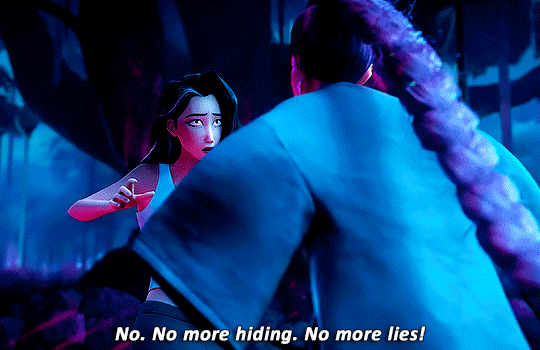

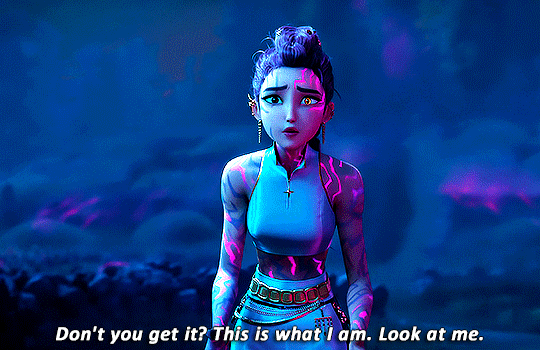
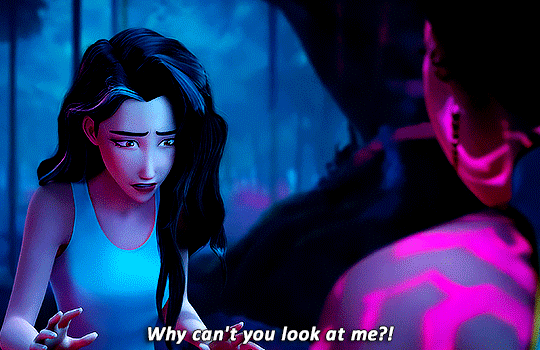
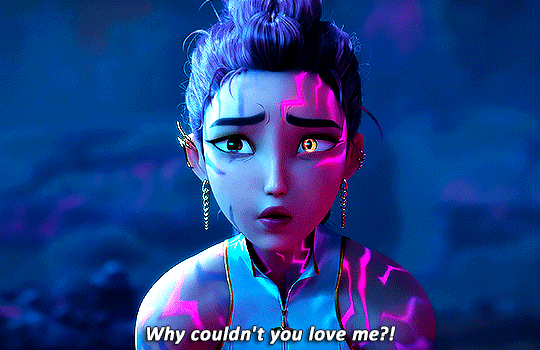
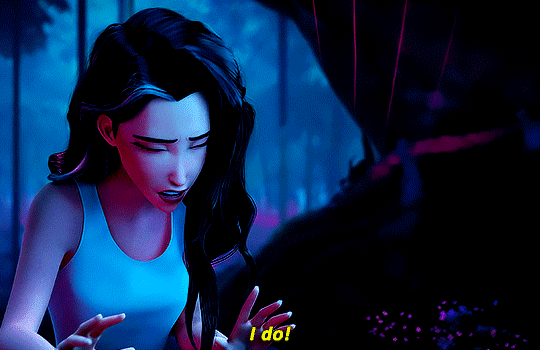
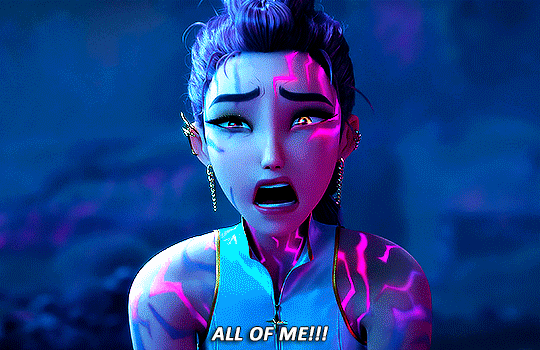
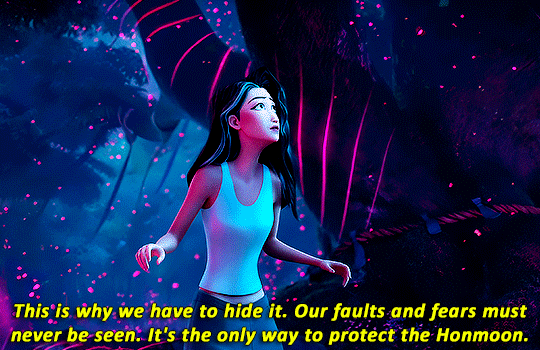
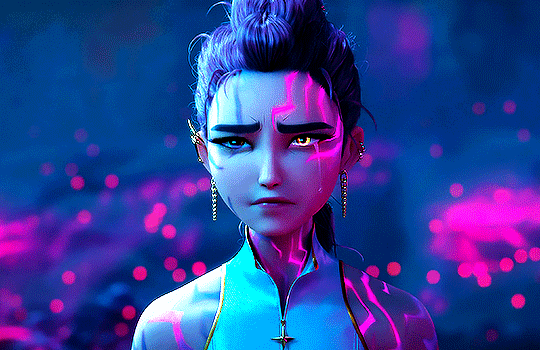
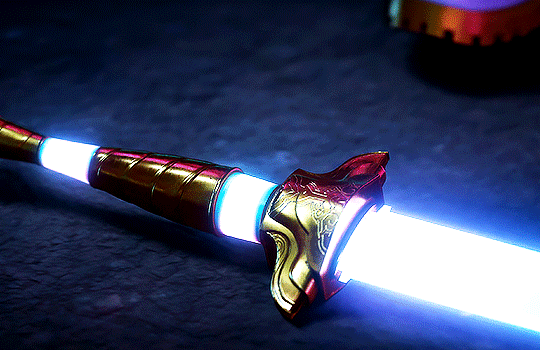
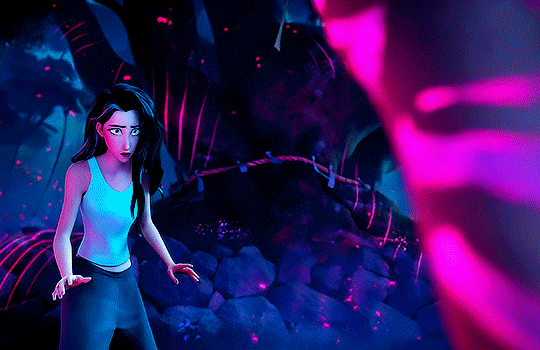
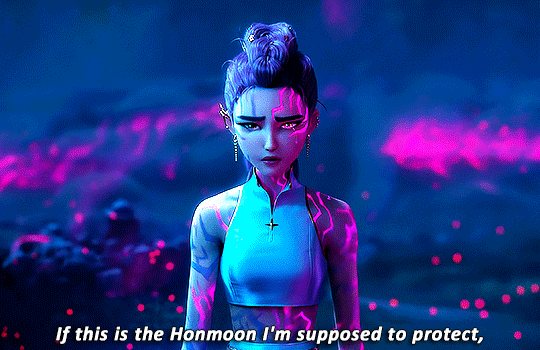
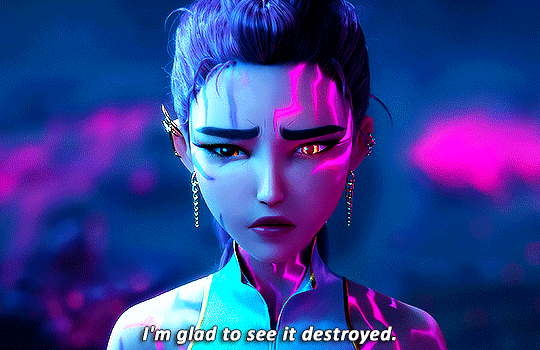
KPOP DEMON HUNTERS (2025) dir. by Maggie Kang, Chris Appelhans
4K notes
·
View notes
Text
It’s so funny to imagine Wicked from the perspective of one of the normal students at Shiz. There’s this girl and she’s weird and an overachieving nerd and no one likes her, but then the popular girl becomes best friends with her overnight so you guess she’s chill now. They might be sleeping together but no one’s really sure. They’re also low key dating the same guy but you’re not clear on if it’s a polycule situation or a love triangle. Whatever. You’re just trying to study for finals. Your history teacher gets arrested and no explains why. You just hope this won’t effect your grade in the class. The weird nerdy girl gets a letter from the president inviting her to come see him. Wow, that’s exciting. She and her maybe-girlfriend go off to the capitol and you go back to homework and dorm room parties. One day later one of your professors is on the national radio saying that the weird nerdy girl, who used to be her favorite student, is now a terrorist, has stolen the nuclear codes, and is on the run from the government. You are still expected to show up to class tomorrow.
33K notes
·
View notes
Photo

thank you bags from various delis in New York
35K notes
·
View notes
Text
19K notes
·
View notes





